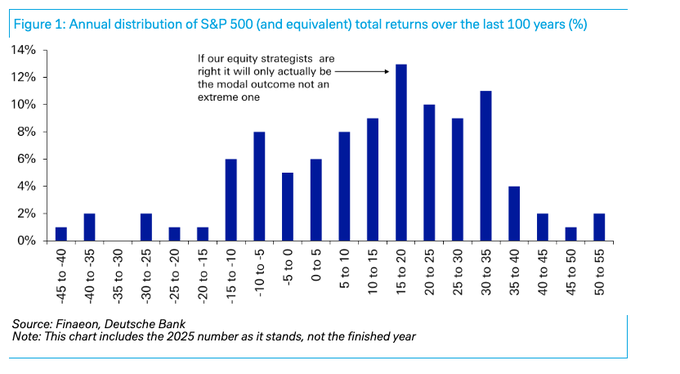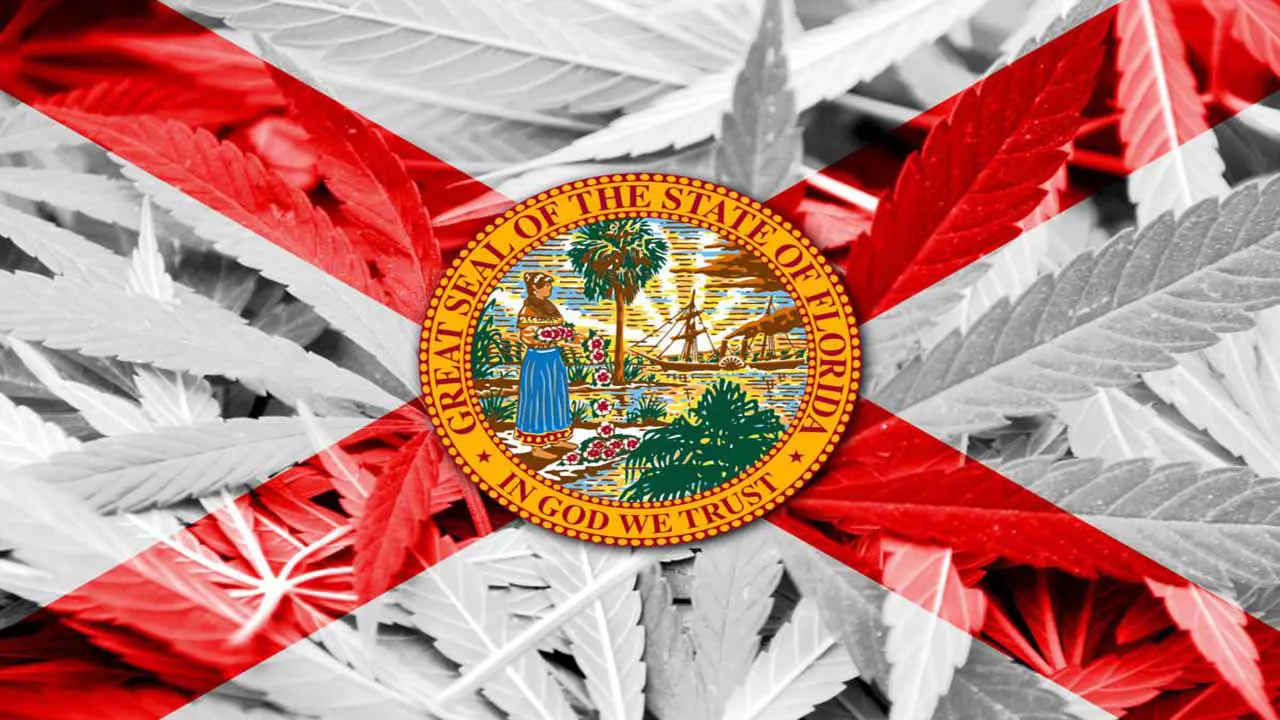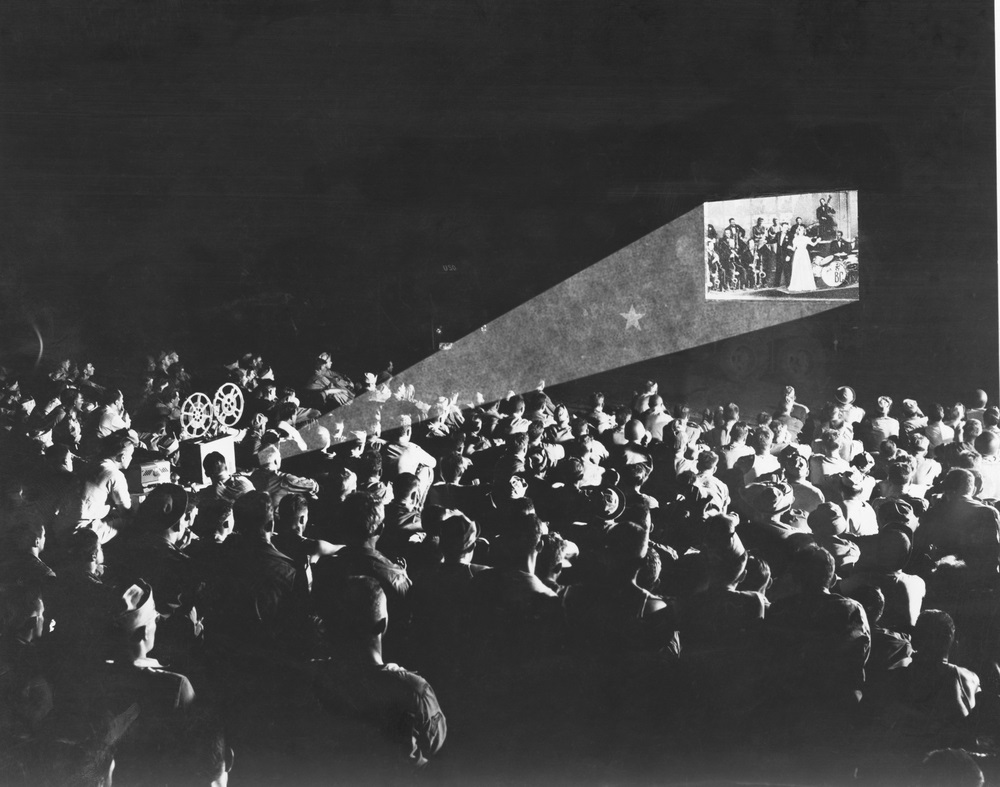© Reuters. FILE PHOTO: Workers install a battery for a new electric vehicle model at Mitsubishi Motor Corp’s factory in Kurashiki, Japan May 19, 2022. Picture taken May 19, 2022. REUTERS/Satoshi Sugiyama/File Photo
By Tetsushi Kajimoto and Leika Kihara
TOKYO (Reuters) – Every March, management of major Japanese firms meet with unions for wage talks across industries that set the tone for employees’ pay in the new fiscal year.
The precedent set at the “shunto” spring wage talks also influences wages at smaller firms that employ seven out of 10 Japanese workers.
The outcome will have a huge influence on how soon the Bank of Japan (BOJ) can end ultra-low interest rates. Steady wage hikes are crucial to kick-starting domestic demand and keeping inflation sustainably around its 2% target.
In Japan, with the economy entrenched in deflation for 15 years since the recession of the 1990s, people are unable to shake the perception that neither prices nor wages will rise.
Here is an overview of the wage negotiations: and why they are important.
HOW IS PAY DECIDED IN JAPAN?
In around March of each year, companies and unions negotiate pay for the fiscal year beginning in April of that year.
The practice, known as “shunto,” began in 1956 when Japan’s postwar economy was booming. Unions demanded improvement in wages and job conditions by resorting to strikes in big cities, which peaked in the 1960s to 1970s.
The shunto wages eventually peaked in 1974 with a record 33% rise in pay. The increases fell below 3% after Japan slipped into deflation and prolonged economic stagnation in the late 1990s as it suffered its own banking crisis.
Since then, unionists have turned cooperative, rather than combative, working with management on the shared objective of job security.
The focus on job security, rather than higher pay, is blamed for keeping Japan’s wage growth stagnant. The share of low-paid part-timers in the workforce has also doubled since the early 1990s, and these so-called non-regular workers now account for nearly 40% of the workforce, putting a drag on pay increases.
WHY ARE COMPANIES UNDER PRESSURE?
The stimulus policies introduced by former Prime Minister Shinzo Abe dubbed “Abenomics” in the late 2010s helped boost exporters’ profits by weakening the yen. But it failed to trickle down to households in terms of wage increases.
Incumbent premier Fumio Kishida wants to change this under his flagship “new capitalism” policies that seek to distribute wealth more broadly among the population through higher pay.
He has called on companies to deliver wage hikes that exceed the pace of inflation and help households navigate higher costs from rising fuel and raw material prices.
Companies themselves need to offer higher pay to retain talent and hire young workers as Japan’s rapidly ageing population intensifies a labour shortage.
WHAT WILL BE THE OUTCOME OF THE WAGE TALKS?
Some of Japan’s biggest firms have already promised large pay hikes including auto giant Toyota Motor (NYSE:) Corp and fashion brand Uniqlo parent Fast Retailing
Analysts expect big firms to offer wage hikes of around 3% in wage talks, which would be the fastest pace of increase since 1997 when Japan was on the cusp of deflation. That would follow last year’s 2.2% increase, the first hike in four years.
Such increases would meet Kishida’s call for 3% rises but fall short of the ambitious 5% demanded by the Rengo labour umbrella group.
WILL WAGES KEEP RISING?
The key for the economy will be how much companies will raise base pay, which are across-the-board and permanent payments that provide the basis of future allowances like retirement and pensions.
Wary of increasing fixed costs, many Japanese firms have long opted to pay one-off bonuses in good times rather than raise base pay.
As Japan slid into deflation in the late 1990s, management and unions agreed for more than a decade to no increases in base pay.
Economists projected a 2.85% wage increase in a January poll, with base pay increases accounting for 1.08% and 1.78% from an increase in additional salary, based on seniority.
A survey by the Institute of Labour Administration, a labour think tank, which is known for its correlation with shunto results, showed a rise of 8,590 yen ($64.04), or 2.75%, for an average 439 workers surveyed. Asked whether they would carry out base pay increase, 41.6% said they intended to.
Mizuho Research & Technologies economists foresee declines persisting until 2024 which will weigh on consumption.
($1 = 134.1300 yen)
















